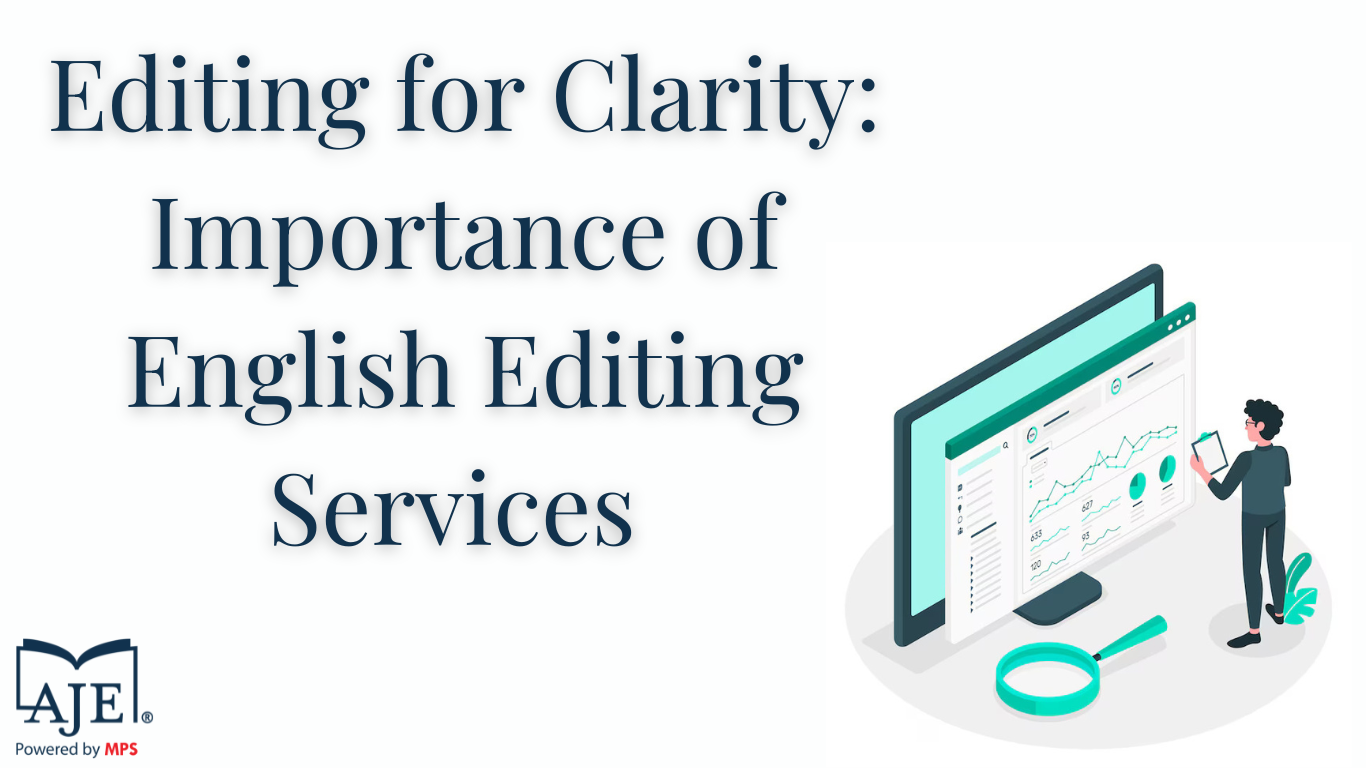10 Types of Tones In Writing | Here's an Assignment Guide

Strong 8k brings an ultra-HD IPTV experience to your living room and your pocket.
Do you know what are the types of tones in writing? Don't sweat! This article will make writing more accessible for you. But before all that hard work, one thing you'll have to understand about writing is tone. The tone is how a writer expresses his feelings about a subject. In other words, it's like the mood or attitude of your writing. But what if you face any issues? Do you need an assignment writing service? Worry not! the best option is to hire an expert.
Here in this post, you will find 10 different types of tones used in your writing. By the end of it, you will have a more precise notion about what makes your writing more exciting and compelling.
What Is Tone in Writing?
Before you learn about the various kinds, let's define what tone is in writing. Tone is a way in which you are coming across to express your thoughts and feelings about a particular topic. It's like talking on paper. The use of words, sentence structure, and even punctuation contribute to the tone.
The 10 Types of Tones in Writing
Let's see 10 of the most common tone types you may use in your writing:
Formal Tone
Firstly, a formal tone is full of seriousness and respect. You can apply it to:
- Academic papers
- Business letters
- Job applications
Informal Tone
Furthermore, an informal tone is relaxed and casual, like talking to your friend. You can use it for:
- Personal emails
- Blog posts
- Social media updates
Humorous Tone
Moreover, a humorous tone makes you laugh, making it ideal for entertaining stories, funny blogs, and light articles. Moreover, you can use this in your write-up, but for this, you should consider seeking assignment help online. The experts are good with such writing.
Optimistic Tone
The optimistic tone carries an attitude of hope and optimism. Use it when you need to inspire others, share good news, or write inspirational pieces.
Pessimistic Tone
This tone describes doubt or negative feelings. You would use this when writing about discussions on problems, problems, and challenges, or concerns.
Enthusiastic Tone
An excited tone shows excitement and energy. It is suitable for:
- Reviews of products
- Travel blogs
- Sports writing
Serious Tone
A serious tone is contemplative and heavy. You should use this for:
- News articles
- Historical writing
- Scientific papers
Sarcastic Tone
Additionally, a sarcastic tone employs irony to make a point. Use with caution since it can be misinterpreted. You may use it in:
- Satire
- Comedy Writing
- Opinion pieces
Sympathetic Tone
A sympathetic tone is one of care and concern about the well-being of others. It's useful for:
- Personal letters
- Condolence messages
- Advice columns
Objective Tone
Lastly, an objective tone is neutral, not taking any side. Use it for:
- Reporting facts
- Moreover, News stories
- Complex topics
Choosing the Right Tone
When choosing a tone for your writing, ask yourself:
- Firstly, Who am I writing for?
- Secondly, What do I want to get from my writing?
- Additionally, the topic: What do you talk about?
If you are talking about English discursive essay topics, then your writing should be formal or neutral in tone. These issues and topics generally involve serious matters and demand considerable thought, therefore.
Practice Makes Perfect
Firstly, the best way to improve your use of tone is by practice. Write the same story or essay in different tones and see how it changes the feeling of your writing. In addition, read a lot of different types of writing so that you can look for the way other authors use tone. You can get assignment help online, as they will tell you about your mistakes.
Conclusion
Lastly, knowing and using tones in your writing will make it stand out. Whether you are submitting an assignment that requires online help from an assignment writing service or are just a good writer, knowing how to do it will be handy. There is no such thing as the "right" or "wrong" tone; it is merely what you want to accomplish through writing. So go ahead and play around with tones until you find what works best for you and your readers. Happy writing!
Note: IndiBlogHub features both user-submitted and editorial content. We do not verify third-party contributions. Read our Disclaimer and Privacy Policyfor details.







